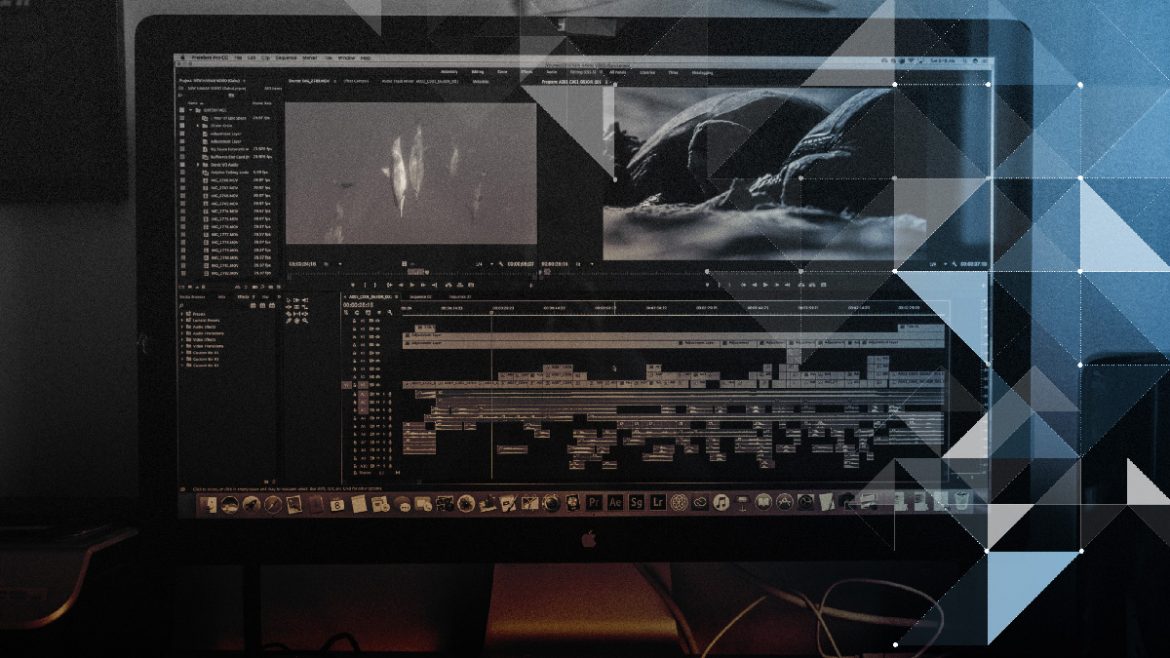It’s hard to talk about cryptocurrency without talking about mining. That’s because miners play an integral role in stability, ensuring that crypto transactions run smoothly. In 2017, the price of Bitcoin dropped suddenly and significantly after two factions argued over scalability and the direction of Bitcoin’s future. These problems were, in part, due to the mining community and other members of the Bitcoin network not seeing eye to eye.
This conflict contributed to the creation of the Bitcoin offshoot, Bitcoin Cash. But that topic is for another day. The important thing to note is that miners are an important part of the Bitcoin community.
What do Bitcoin miners actually do?
In short, Bitcoin miners move transactions across the blockchain network. They’re the reason money moves from “Wallet A” to “Wallet B.” Transactions are grouped into blocks and put on the blockchain, where the information is recorded in the decentralized ledger. That ledger is then distributed to everyone running the Bitcoin client, where it’s constantly updated to ensure transaction records remain accurate at all times.
Bitcoin miners make money two ways:
- Through transaction fees.
- With rewards.
Over time, miners receive bitcoin as a reward for running the system. The number of bitcoins released to miners gradually decreases over the years, and will eventually stop completely once all 21 million bitcoins are mined. As of March 2019, approximately 17.6 million bitcoins (nearly 84%) have been mined.
You can keep up with the number of bitcoins in circulation by checking out this website. For a more in-depth Bitcoin guide please go here.
Can anyone become a Bitcoin miner?
In the early 2010s, there were reports of people mining bitcoins using their laptop or home computer. While that may have worked back when the network was small and relatively new, it won’t work today.
Most Bitcoin miners use special computers with ASIC hardware designed solely for mining cryptocurrency. The hardware they use has been optimized to provide the perfect balance between power and energy efficiency, so that mining bitcoins remains financially sustainable.
There’s also the issue of startup fees. Mining hardware starts at $2,000 to $3,000. And due to the fact that almost 84% of bitcoins have been mined, unlocking rewards isn’t as easy as it was seven or eight years ago. Especially if you’re mining with only one computer. For this reason, Bitcoin mining is largely restricted to people with access to cheap or renewable energy, as well as enough money to run several mining rigs at once.
Still interested? If you don’t have the money to build your own personal Bitcoin mining farm, there’s always the option of mining altcoins. The payout isn’t as big right now, but it’s a great way to accumulate tokens to hold onto.
Learn more about Bitcoin and other cryptocurrencies by bookmarking CryptoTraderNews, the industry’s leading source around cryptocurrency and blockchain startups.
